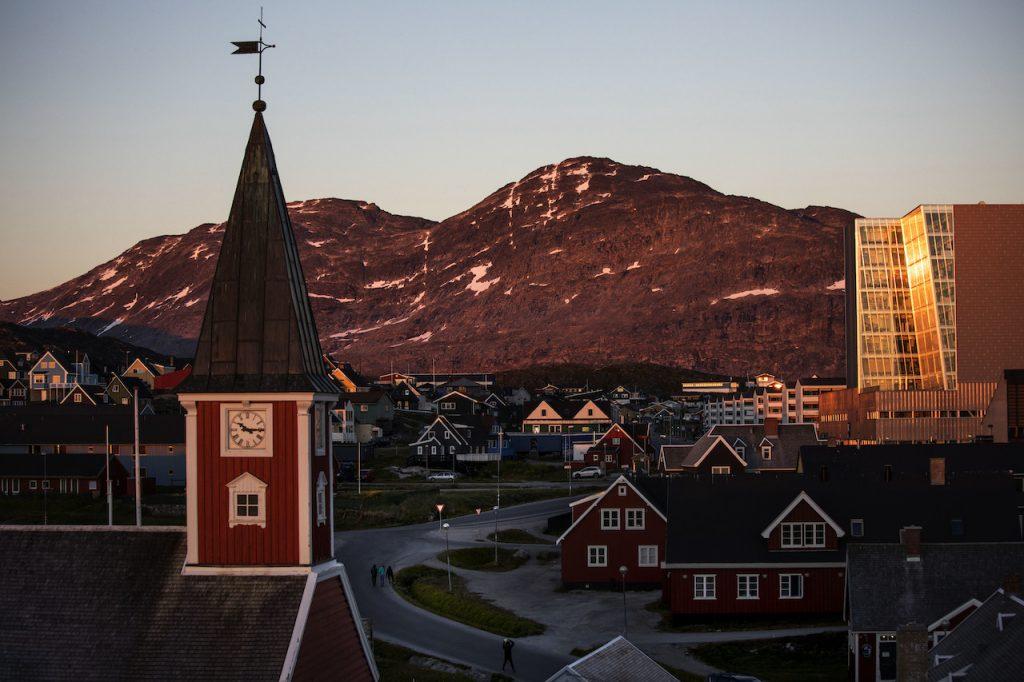US denies plan to buy Greenland after Trump proposal
Greenland has abundant natural resources which are getting easier to exploit as rising temperatures melt the ice cap.
Just In
US Secretary of State Antony Blinken on Thursday confirmed that the US does not want to buy Greenland, after then-president Donald Trump had proposed buying the island in 2019, sparking diplomatic fallout, reports Reuters.
Sitting beside Danish Foreign Minister Jeppe Kofod, Greenland’s premier, Mute Egede, and Foreign Minister Pele Broberg during a news conference, Blinken confirmed to a reporter it was “correct” that the US does not seek to buy the country.
Blinken was visiting Greenland after attending a meeting of the Arctic Council in Iceland, which he said was a signal of Washington’s desire to enhance ties with “our Arctic partners, Greenland and Denmark”.
In 2019, Trump, probably wearing his real-estate developer hat, had mooted the possibility of the US purchasing Greenland, the world’s largest island and a semi-autonomous Danish territory with a 90% Inuit population of less than 60,000.
Greenland has abundant natural resources which are getting easier to exploit as rising temperatures melt the ice cap.
Trump’s idea to buy Greenland left the population mostly amused, apoplectic and in disbelief, and received a chilly reception in Denmark.
Danish Prime Minister Mette Frederiksen fired back at the time that Greenland was not for sale and called the suggestion “absurd”.
Broberg said on Wednesday there was speculation about Greenland because of its strategic importance but said Blinken’s visit was “not considered a real estate deal”.
“A real estate deal means land with nothing on it, nobody on it. Secretary Blinken has made it clear that he’s here for the people living in the Arctic, for the people living in Greenland,” said Broberg.
Though physiographically part of the continent of North America, Greenland has been politically and culturally associated with Europe for more than 1,000 years.
In recent years, the Danish government has asserted its influence over Greenland to block Chinese investments out of concern for potential Greenlandic dependence on China.
The Danish involvement has caused friction with Greenland’s leaders, who have denounced it as neocolonialism.
Subscribe to our newsletter
To be updated with all the latest news and analyses daily.
